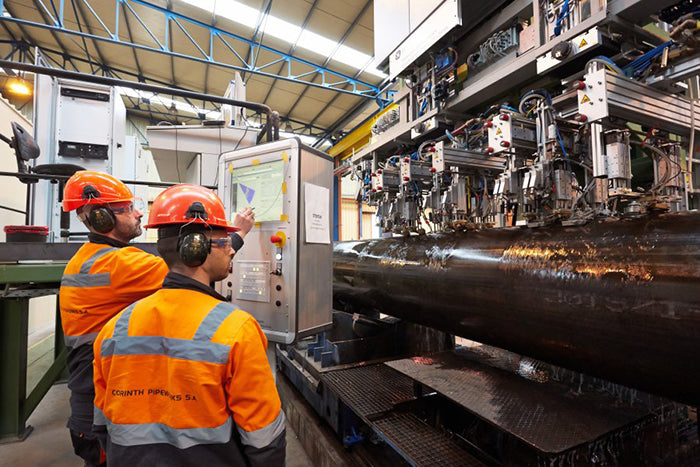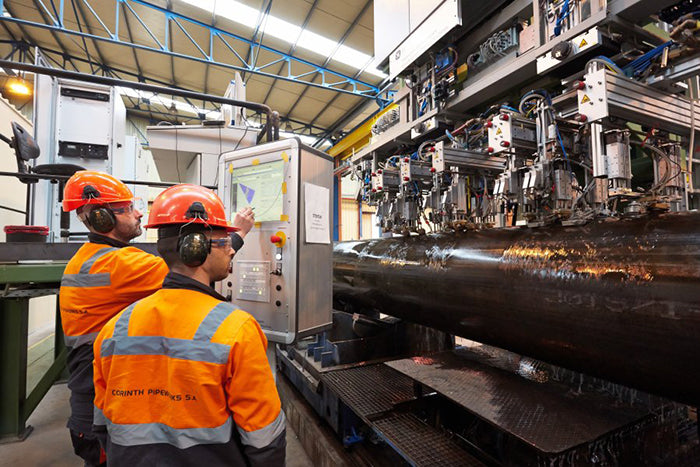
The impact of automation on the Civil Construction industry: Opportunities and challenges
The increasing integration of robots and other forms of automation in the construction industry is profoundly reshaping the way projects are conceived, planned and executed. While some concerns about job losses persist, the potential benefits of this transformation are significant, especially when it comes to workplace efficiency and safety.
Shortage of workers and waste
The construction industry faces a chronic labor shortage, which often results in delayed projects and higher costs. Additionally, material waste is a common concern on traditional construction sites. Automation offers a viable solution to these challenges, allowing work to be completed faster and more efficiently with less waste.
Workplace safety
One of the main advantages of automation in construction is improved safety on the job site. Robots can perform tasks in tight spaces or hard-to-reach areas, reducing the risk of accidents for human workers. Additionally, they can perform repetitive tasks without fatigue, minimizing the potential for work-related injuries.
Advantages of automation in construction:
- Operational efficiency: Robots are able to work faster than humans and can operate 24 hours a day without the need for rest breaks. This increases productivity and reduces project completion times, resulting in time and cost savings.
- Precision and quality: Automation in construction guarantees greater precision and quality in work, as robots can perform tasks with millimeter precision and unparalleled consistency. This reduces errors and rework, resulting in better quality projects and greater customer satisfaction.
- Flexibility and versatility: Robots and other forms of automation can be used in a variety of construction projects, from building construction to infrastructure maintenance. Their ability to adapt to different environments and work requirements makes them a versatile option for contractors and developers.
Construction automation technologies
- Drones: Drones are widely used in the construction industry for site inspection, progress monitoring and topographic mapping. They offer a detailed aerial view of the workplace, enabling more informed and efficient decision-making.
- Prefabrication: Prefabrication of building components off-site is becoming increasingly common. This reduces the time needed to build complex structures and minimizes material waste, resulting in more sustainable and cost-effective projects.
- Robotics applied to construction: Robots are employed in a variety of tasks in construction, from laying bricks to digging trenches. Their ability to perform repetitive and dangerous tasks efficiently and safely makes them a valuable tool for increasing productivity and quality in the workplace.
Conclusion
Automation is redefining the construction industry, offering unprecedented opportunities to increase efficiency, improve safety and reduce costs. Although some challenges remain, the transformative potential of these technologies is undeniable. By strategically adopting and integrating automation, contractors can position their companies at the forefront of innovation and ensure success in an increasingly competitive market.

